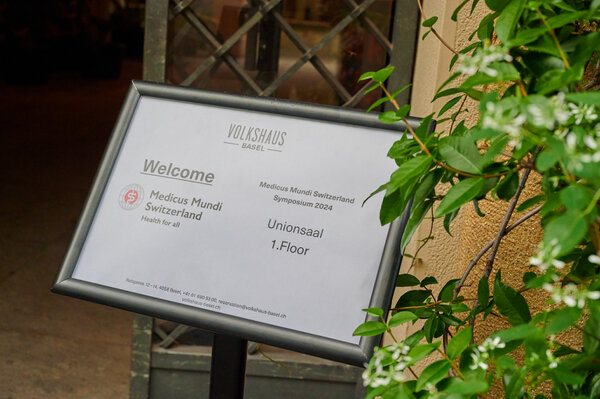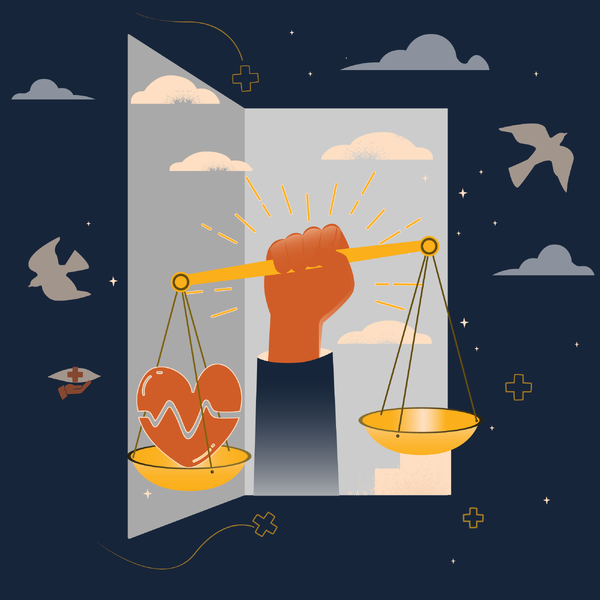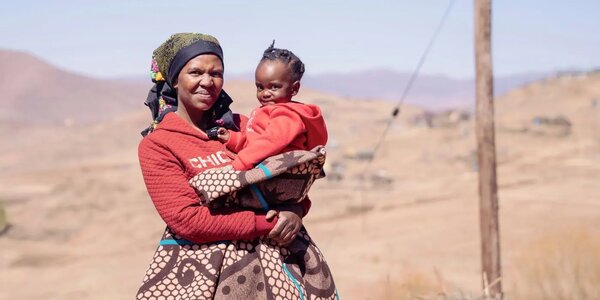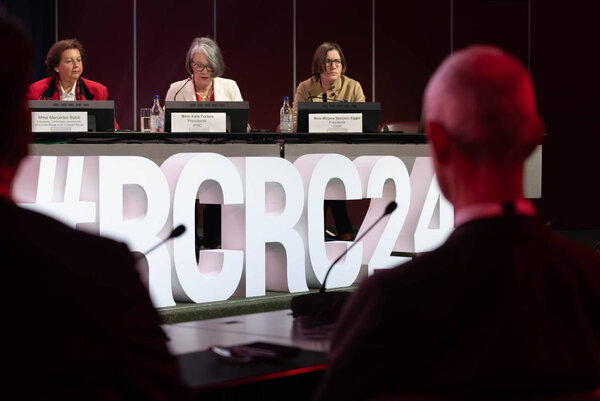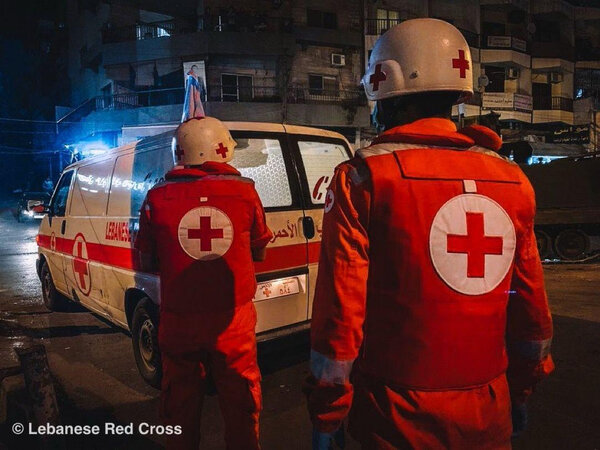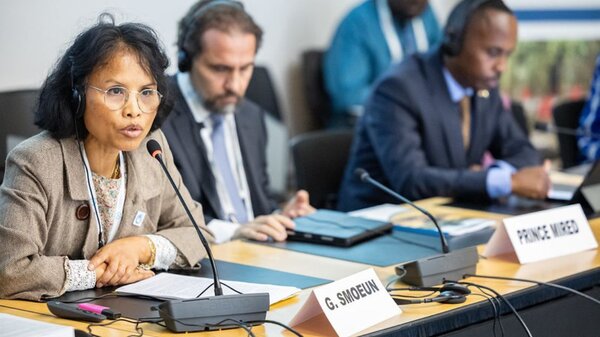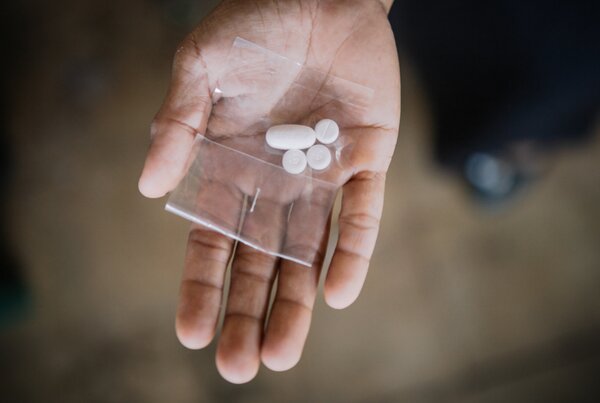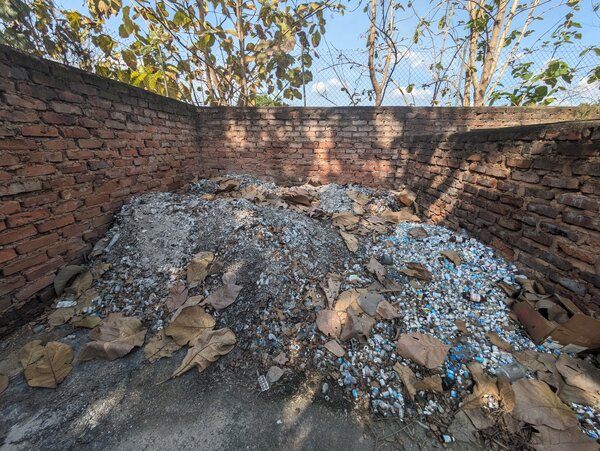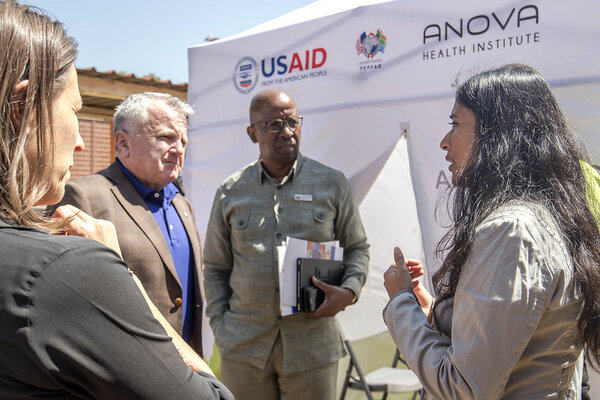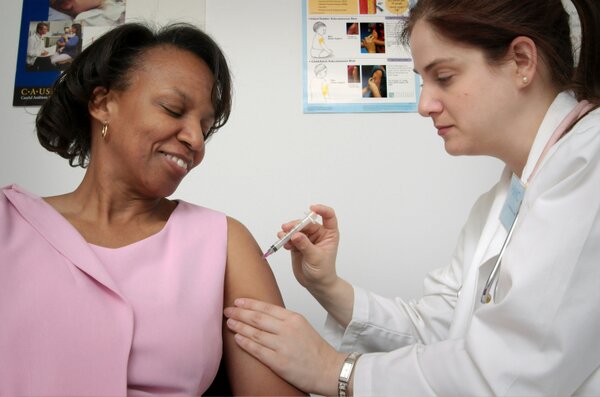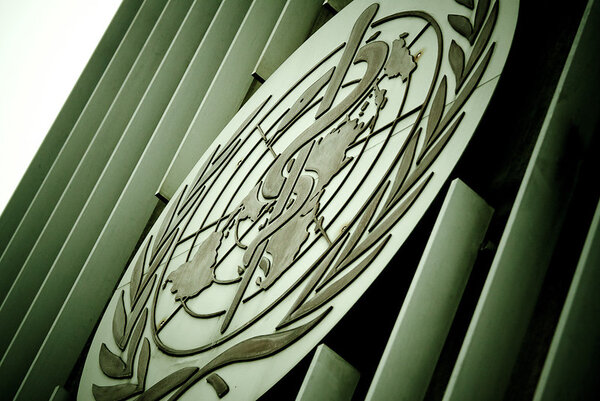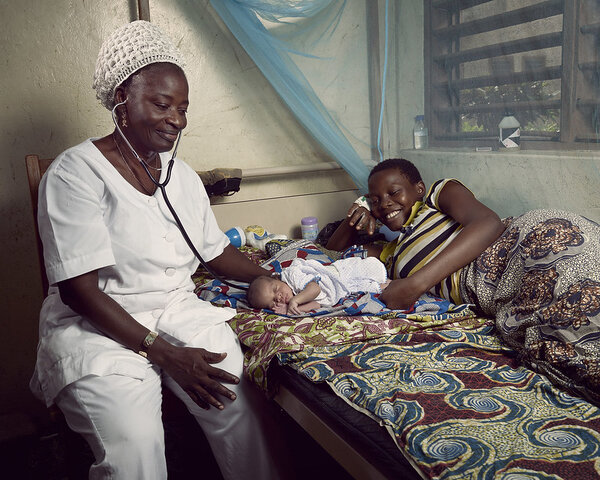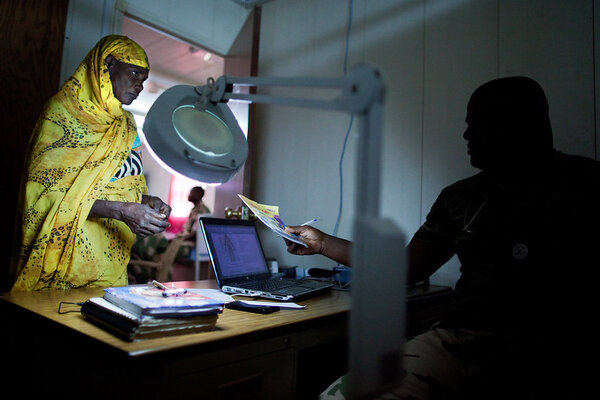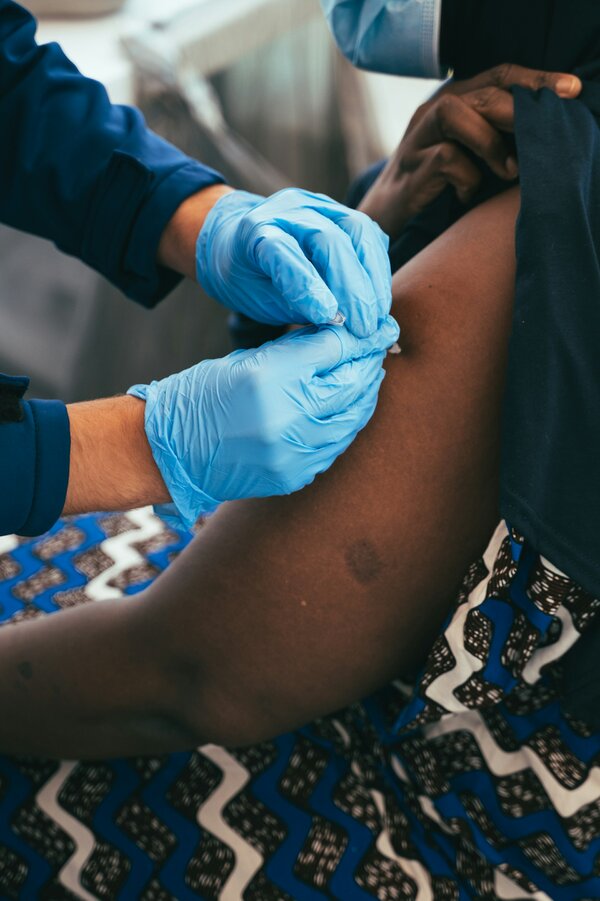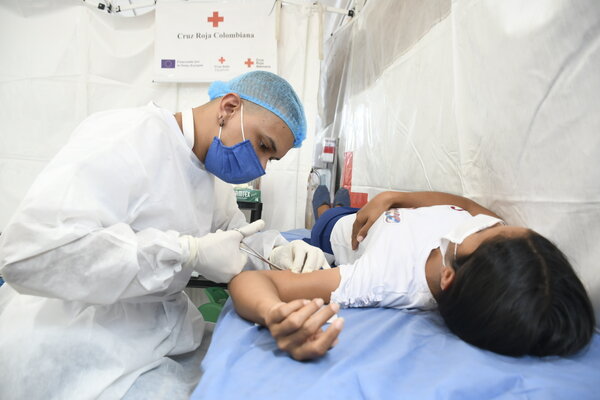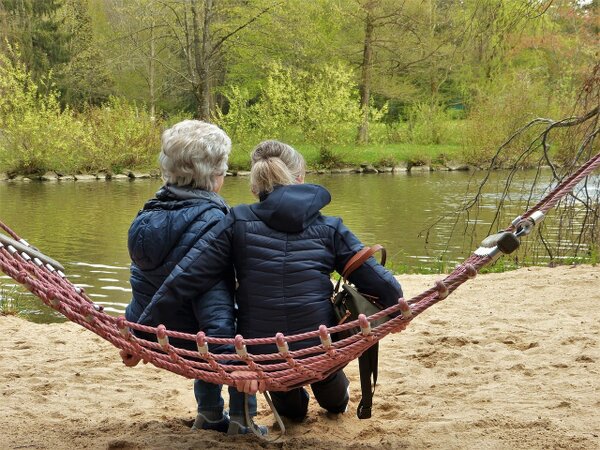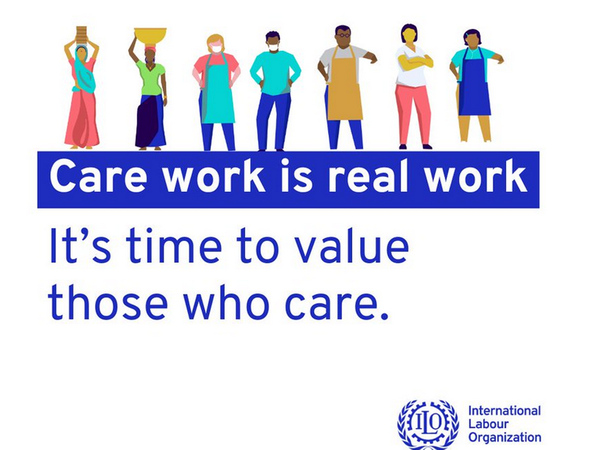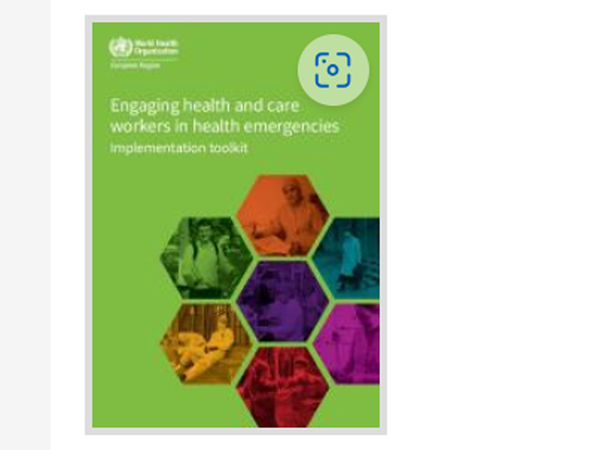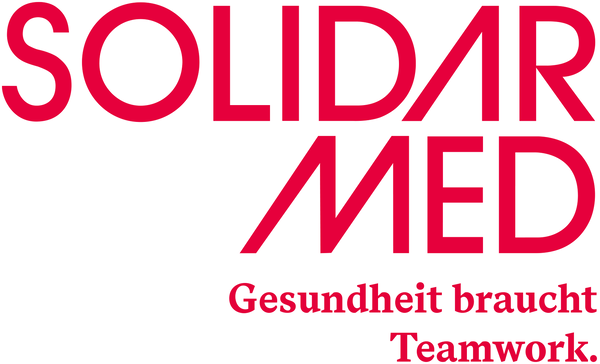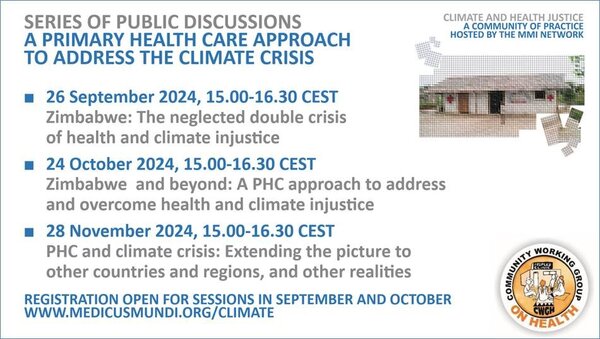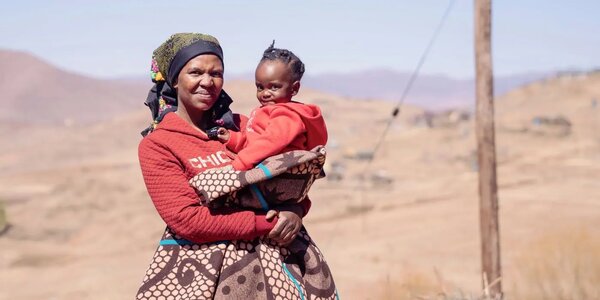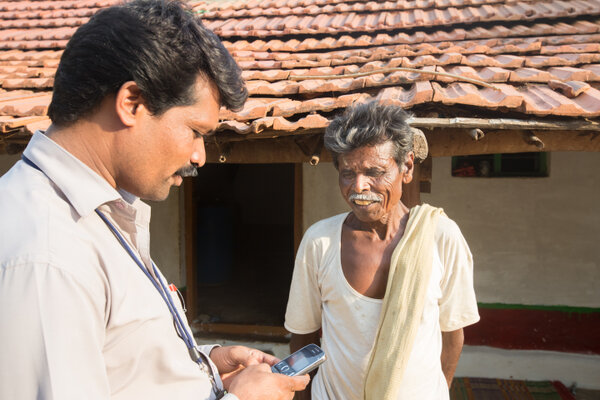Setzt man sich mit dem weltweiten Mangel an Gesundheitspersonal und dessen Migration auseinander, bewegt man sich unweigerlich auf der Ebene der Gesundheitssysteme. Wie müssen Systeme aufgestellt sein, dass sie genügend Personal für die sich laufend verändernden Anforderungen stellen? Wie muss die Finanzierung ausgestaltet sein, dass ein attraktives Arbeitsumfeld vorhanden ist, von welchem das Gesundheitspersonal nicht wortwörtlich davonläuft? Wie wird das System gesteuert, dass das richtige Personal mit den richtigen Kompetenzen am richtigen Ort ist? Welche Technologie braucht es, damit das Personal seine Arbeit effizient ausführen kann?
Recht und Würde
Gesundheitspersonal, Gesundheitsfinanzierung, Gouvernanz, Medizin und Technologie – alles sogenannte Bausteine von jedem Gesundheitssystem. Alles Bereiche, in welchen geschraubt und gewerkelt werden kann und soll, um das Gesamtsystem zu steuern.
Beim diesjährigen Symposium ist in allen Beiträgen und den Debatten aber vor allem eins deutlich geworden: Beim Gesundheitssystembaustein Human Resources geht es einzig und allein um Menschen. Wenn Gesundheitspersonal in unseren Spitälern mit einem Burn-out zusammenbrechen, wenn Pflegerinnen und Pfleger nur mit Mühe ihre Familie ernähren können oder wenn Ärztinnen und Ärzte ihr Land verlassen, weil sie vom Staat bedroht werden, wenn sie schlechte Arbeitsbedingungen öffentlich anprangern – dann wird deutlich, dass Gesundheitssysteme nicht ohne Respekt vor den grundlegenden Rechten und der Würde des Menschen funktionieren können.
Martin Leschhorn Strebel
Netzwerk Medicus Mundi Schweiz
E-Mail


